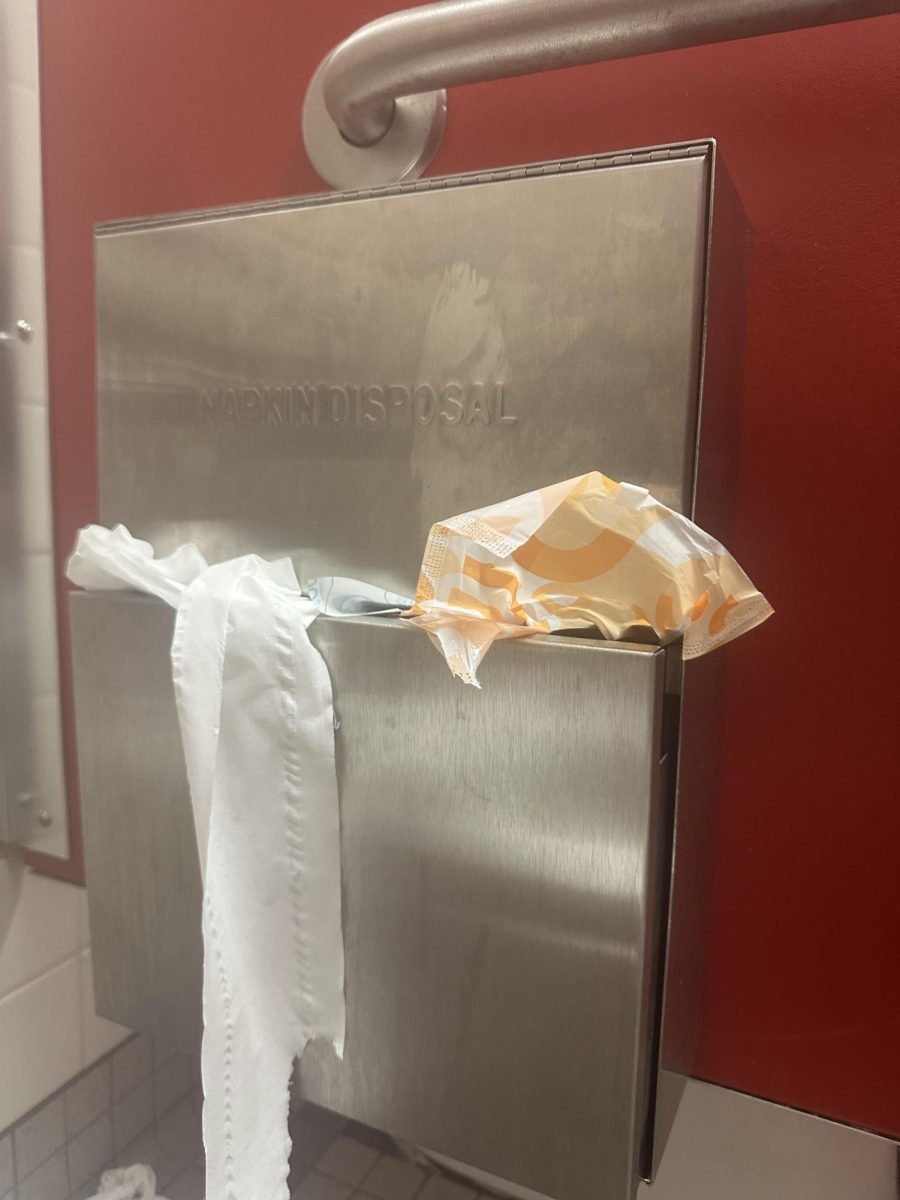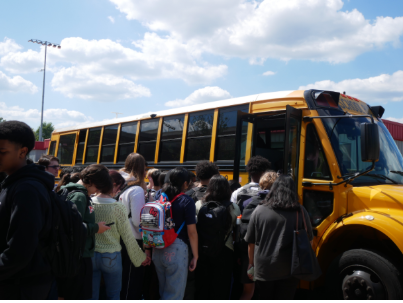Throughout Alexandria City High School’s King Street campus, complaints about the state of the bathrooms are commonplace. Students are raising concerns about the lack of cleanliness and basic hygienic products in school restrooms. This problem has created a lot of frustration, and as one senior, Yalda Fnu said, “How can the school avoid the most basic needs of students?”
It isn’t just about bathrooms, either. It reflects how much a school values the well-being and comfort of its students. “The school can fix many problems, this needs to be one,” said Fnu.
Missing supplies and dirty bathrooms may seem like small problems, but they start adding up. Basic hygiene becomes difficult. “Honestly, it’s disappointing most of the time,” one student explained, “…when you walk in and see there’s no soap in the dispensers or no toilet paper… it’s kinda concerning.”
According to students, the problem is not just occasional, but ongoing.
“Pretty much every week, it’s always a new thing—either soap, toilet paper, or the dirty bathrooms,” the student added.
Fnu is frustrated, “It feels like there’s always something wrong, and it gets frustrating because it’s so often.”
This issue becomes amplified when considering student welfare. Bathrooms are one of the most used places in the school and when they aren’t the way they’re supposed to be, it sends the wrong message. “Bathrooms are something we all need and use during the school day,” a student explained, “and when our basic needs aren’t really cared about, it’s concerning.”
When asked about this issue, Dean Rhea Butler said that “the [bathroom] condition is based on what bathrooms are being used more—those bathrooms most likely have less supplies.”
She also said that she was “not aware of the ongoing complaints” about supplies, explaining that the complaints she typically hears are about bathrooms being crowded, not about missing essentials.
Regarding how often bathrooms are checked, Ms. Butler responded, “I wouldn’t know the schedule, but I do think there is a schedule to make rounds. If reported, then they intend to do it.”
As for potential improvements, Ms. Butler suggested that student input could help, “It would be nice if students say what supplies aren’t always stocked…they might do a bathroom check…that’s something we could look into.” She also encouraged looking into which bathrooms are used most often and run out of supplies the quickest.
The difference between student experiences and administrative awareness highlights a gap in communication. While students see the problem as daily and obvious, staff may not be fully aware unless issues are directly reported. Both students and administrators agree that the bathrooms are an essential part of school life—and solving these small, but important problems could go a long way in showing students that their needs are valued.








